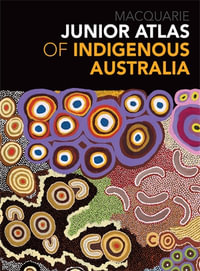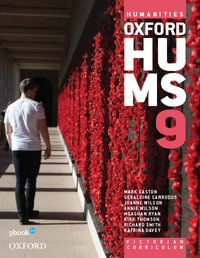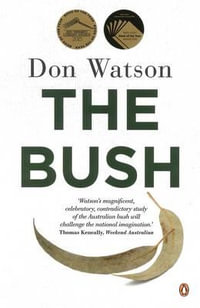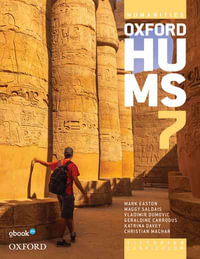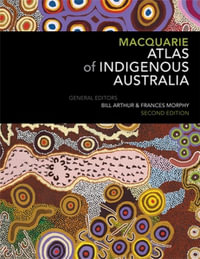First edition, Winner of the Arthur Viseltear Award, American Public Health Association
With an emphasis on the American West, Eugenic Nation explores the long and unsettled history of eugenics in the United States. This expanded second edition includes shocking details that demonstrate that the story is far from over. Alexandra Minna Stern explores the unauthorized sterilization of female inmates in California state prisons and ongoing reparations for North Carolina victims of sterilization, as well as the topics of race-based intelligence tests, school segregation, the U.S. Border Patrol, tropical medicine, the environmental movement, and opposition to better breeding.
Radically new and relevant, this edition draws from recently uncovered historical records to demonstrate patterns of racial bias in California's sterilization program and to recover personal experiences of reproductive injustice. Stern connects the eugenic past to the genomic present with attention to the ethical and social implications of emerging genetic technologies.
Industry Reviews
"...a fascinating and mutifaceted contribution to twentieth-century American history." * Social History *
"...a rich narrative of the social, political, and scientific life of the nation, a narrative in which gender and race are central to understanding America's continuing fascination with better breeding." * American Historical Review *
"Stern meticulously demonstrates the extent to which California eugenics was simultaneously distinct from eugenics in other states and also a major force in the national movement." * American Studies *
"...Stern has made a significant contribution to the historical record of eugenics." * Isis *
"With Eugenic Nation Alexandra Stern has refocused the geographical and chronological lens generally used to examine hereditarian impulses in American history. The result is a fascinating and essential contribution to the scholarship on American eugenics." * Journal of the History of Biology *
"Stern's discussion of eugenics and the family are of particular interest to those debating the relationship between biology and gender. . . . [and] it does provide material for a more nuanced discussion of how sociologists should proceed in the era of the human genome." * American Journal of Sociology *
"Eugenic Nation stunningly traces the cultural continuities in 'better breeding' that refuse to stay in the past." * Western Historical Quarterly *








